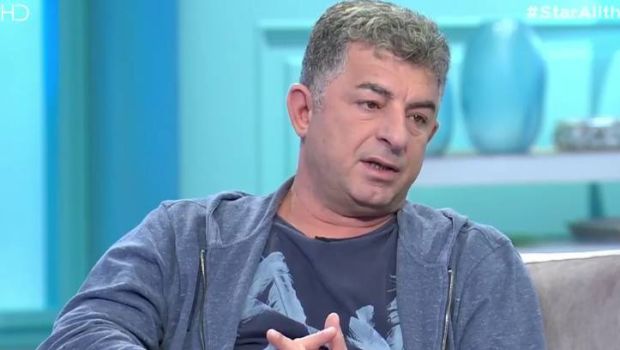
The family’s legal representatives, Roi Pavlea and Spyros Charitatos, visited the Supreme Court Prosecutor’s Office to file the appeal. According to ERT, prosecutor Maria Adeilinis has already intervened ex officio, appointing a deputy prosecutor to examine the possibility of appealing the lower court’s acquittal.
The family argues that the original verdict suffers from “absolute nullity” and violates the principle of trial publicity. They highlight that key evidence—document 33, which was on a CD—was corrupted, an issue also noted by the trial’s prosecutor and documented in the court minutes.
Their appeal further claims a “lack of special justification,” as mandated by the Greek Constitution. Articles 93(3) and 139 of the Criminal Procedure Code require that court decisions, whether of guilt or innocence, include a thorough explanation of the evidence that led to the judgement.
The Karaivaz family disputes the court’s reasoning, particularly its assertion that organised crime members typically only use stolen vehicles, calling this logic “unjustified” and “simplistic.” They contend there is no rulebook on the methods employed by professional hitmen.
Additionally, the appeal criticises the trial court for relying on what the family calls “obviously false statements,” while overlooking the crucial testimony of police officer Lambros Kolovos, who played a pivotal role in the investigation.
In a controversial ruling, the Mixed Jury Court of Athens acquitted the two defendants accused of the murder of Karaivaz, sparking widespread outcry and leaving many questions about the case unanswered.
______________________________________________
Are you seeking news from Greece presented from a progressive, non-mainstream perspective? Subscribe monthly or annually to support TPP International in delivering independent reporting in English. Don’t let Greek progressive voices fade.
Make sure to reference “TPP International” and your order number as the reason for payment.